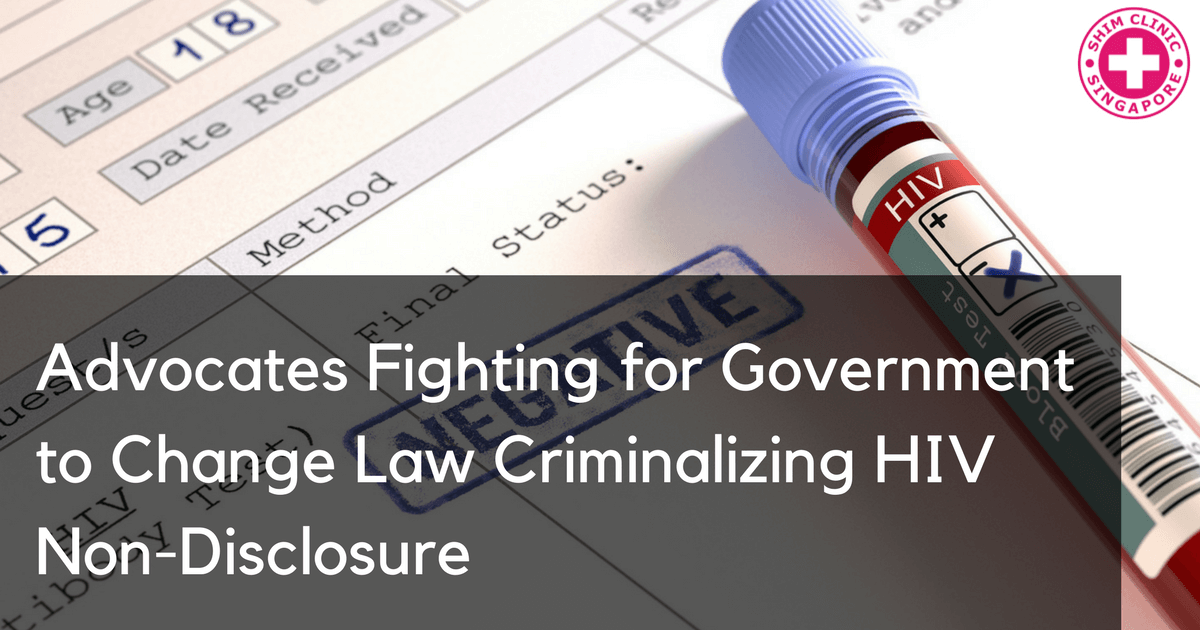Advocacy groups in Canada are calling for an overhaul of the law that criminalises HIV non-disclosure. The call for change is propelled by the notion that the particular law undermines just how far science has come in combating HIV/AIDS as well as increasing the stigma that people living with HIV face.
The Law
The law in Canada stipulates that a person living with HIV is required to reveal his/her HIV status to their partner before engaging in any form of sexual activity. The penalty for those who do not disclose their status includes charges for aggravated assault, a maximum life sentence in prison and a permanent record of the individual as a sex offender. This is regardless of whether HIV is transmitted or not.
Additionally, the Supreme Court of Canada ruled that the only circumstance that an individual is not mandated disclose their condition to their partner is if they have a low viral load, that is if the number of HIV virus particles in each millilitre of their blood and if they use a condom.
Effects of the Law
The law has made people in Canada so scared that majority of them do not even want to go for HIV testing. Additionally, the non-disclosure marginalises and stigmatises people living with HIV. So much so that people are in deep fear to talk about their health status to health workers and public health authorities in order to avoid court cases against them.
Recommendations from the Advocates
First, the advocates are calling upon the government to review the HIV non-disclosure law. Although they have made a commitment to review the way the justice system in Canada deals with HIV-related cases, much more is yet to be done.
Second, the advocates argue that the law does not appreciate the science that gives more information and guidelines on how exactly HIV is transmitted and when it’s less or most risky. For instance, scientists say that the risk of transmission is close to zero when an individual has an undetectable viral load regardless of whether the person uses a condom or not.
This position is further supported by the Canadian medical community that released a statement in 2014 terming the Supreme Court’s approach to dealing with non-disclosures as “a poor appreciation of the science related to HIV contributing to an overly broad use of the criminal law”.
Third, the protesters are calling for a halt on all HIV non-disclosure cases that were before the courts and not yet dealt with. A total of 180 people had been charged with HIV non-disclosure cases in Canada. The protesters termed the charges as overly broad and unjust to people living with HIV.
In conclusion, the advocates want a change in how the law deals with HIV non-disclosure cases as well as public information on everything about HIV. It is not clear whether people living with HIV in other countries are facing similar challenges. What is clear though is the fact that HIV and the stigma that surrounds it is yet to be clearly understood by the society despite the advances in its treatment over the years.

